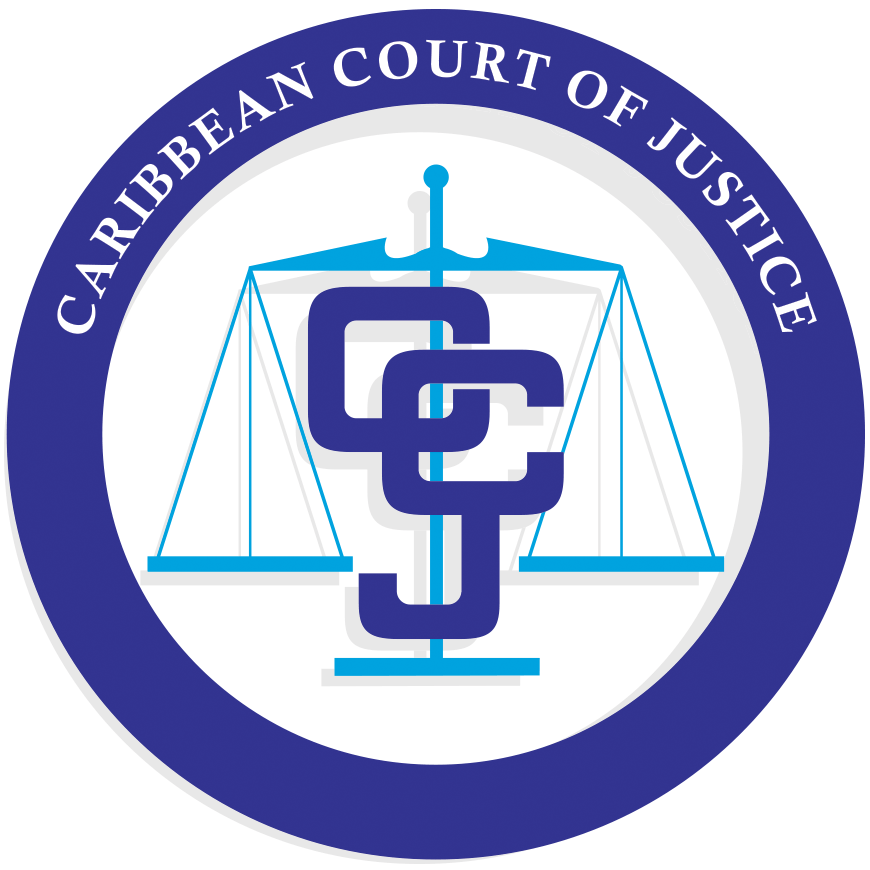Development of tools and resources for the delivery of public education and sensitization programmes responsive to the needs of men, women, youth and the poor.
The purpose of this activity is to develop gender-sensitive public information strategies and protocols. Public education and outreach by the justice sector is of great importance in securing the human rights and gender equality of women, men and young persons. This must include providing information which is accurate and relevant in order to facilitate a basic understanding of the operation of the courts of the Caribbean region by its citizens.
Generally, there is a considerable absence of information on the operation and function of courts in the region which has led to uninformed misconceptions of their role in national development. There is a mystique surrounding courts which has led to lack of interest bordering on fear of the institutions and those who work within them, particularly those who administer justice (judges, magistrates and other court personnel).
Efforts have to be made to dispel the fears and remove the misconceptions in order to restore confidence and trust.
Apart from general misconceptions there is considerable lack of sensitivity concerning the issues of gender and how these should be treated within the justice system. Surprisingly, this lack of knowledge extends even to those intimately connected with dispensing justice and who interact with the public on a daily basis. Enabling judicial officers and court personnel to recognise gender sensitivity in themselves, services, programmes and processes is absolutely essential for a well-ordered and efficient justice system.
Changing prevailing attitudes within the system will not be easy but must be undertaken. The change of attitudes must begin at the top of the scale, that is, within the Judiciary itself. Conference and seminars for judges and magistrates must be held with a view to sensitising them by providing information on international norms and treaties, and encouraging them to utilise these treaties in their judgments whenever called up to determine cases involving gender issues.






